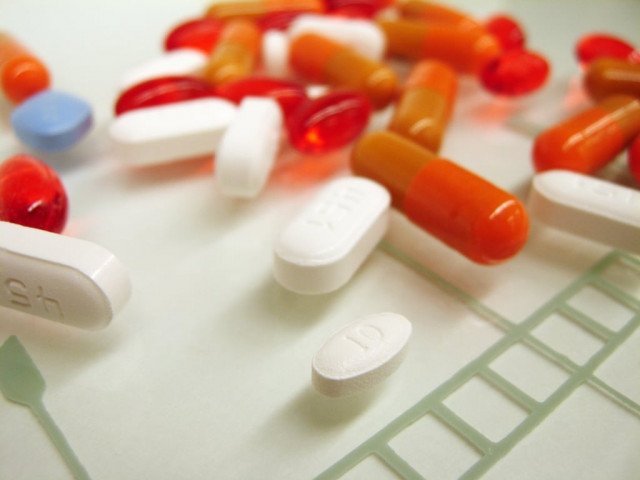Fixing the pharma sector: Programme launched to help frame effective national drug policy
WHO Good Governance for Medicine programme aims to prevent corrupt practices.

In a bid to promote transparency in the country’s pharmaceutical industry by promoting good governance and ensuring the availability of essential drugs, the World Health Organisation (WHO) on Wednesday launched its global Good Governance for Medicine (GGM) scheme.
The programme, launched in collaboration with the Ministry of National Health Services, Regulation and Coordination (NHSRC), is expected to help formulate the country’s first national policy to regulate licensing, pricing and sale of drugs.
With medicine representing one of the largest components of the national health expenditure, the GGM programme is a first of its kind initiative to bring revolutionary reforms in registration, manufacturing, distribution, supply and sale of drugs. Officials said it will help avert crises such as the fatal medicinal reactions at the Punjab Institute of Cardiology, Lahore in 2012.
According to health department officials, the GGM programme was initiated in Pakistan around seven years ago but was unsuccessfully executed and later halted.
This year, the scheme has been relaunched with WHO help in light of the dismal medicinal regulation system.
“After the devolution of the ministry of health under the 18th Amendment, the country lacks a proper mechanism for licensing, pricing, selling and purchase of drugs which has resulted in a shortage of life saving drugs in the country,” said a health department official.
Talking to The Express Tribune, Drug Regulatory Authority of Pakistan Director Quality Assurance AQ Javed said the programme will be launched in three phases — national transparency assessment, development of a national GGM framework, and implementation. The scheme would materialise in about three months, said the official.
Later, a third party evaluation will be carried out by Hamdard University Pharmacy Dean Prof Dr Azhar Hussain and Quaid-e-Azam University Assistant Professor Dr Toufeequr Rehman, while students will be trained as co-assessors for the evaluation, said Javed, who is also the WHO focal person.
The evaluators will ask questions from stakeholders, drug manufacturers, pharmacists and customers and the data generated will be used to formulate a National Medicine Policy, he said.
Javed was of the view that the scheme will help the government streamline all drug-related issues in the country.
Meanwhile, a press release stated that NHSRC Minister Saira Afzal Tarar said the WHO had selected 15 countries from 22 member states of the eastern Mediterranean region, including Pakistan, to run the global programme as a pilot project. The other countries are Lebanon, Jordan, Afghanistan, Bahrain, Egypt, Iran, Iraq, Kuwait, Morocco, Palestine, Sudan, Tunis, Syria and Yemen.
She said the GGM programme currently operates in 26 countries across six WHO regions and these states are at different stages of implementation. “The scheme further aims to curb corruption in the pharmaceutical sector by increasing transparency and accountability and promoting ethical practices,” she said, according the press release.
According to the WHO, the GGM programme was launched in 2004 with the goal of contributing to health systems’ strengthening and preventing corruption by promoting good governance in the pharmaceutical sector.
Published in The Express Tribune, July 10th, 2014.



















COMMENTS
Comments are moderated and generally will be posted if they are on-topic and not abusive.
For more information, please see our Comments FAQ